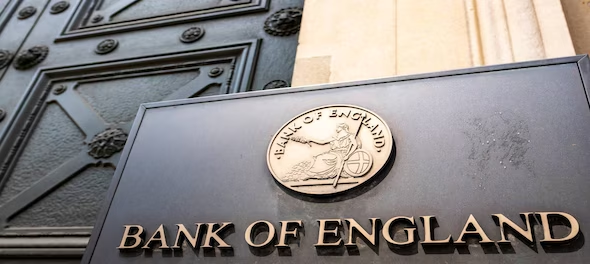Germany wants to wean itself off Russian coal and oil during the course of this year, according to a plan presented by Economy Minister Robert Habeck on Friday.
“By the middle of the year, Russian oil imports to Germany are expected to be halved. By the end of the year, we aim to be almost independent.
“As for coal, Germany plans to be independent of Russian deliveries “by the autumn,” he said.
Habeck, who is also Chancellor Olaf Scholz’s deputy, spoke of considerable progress in a short space of time, as Western nations seek to cut off economic ties with Moscow as punishment for its invasion of Ukraine.
“The first important milestones have been reached to free us from the grip of Russian imports,” Habeck said in Berlin.
However, cutting off Russian fossil fuels completely is a tall order for Germany, which received 50 percent of its coal and 35 percent of its oil from Moscow before the war in Ukraine started.
He said oil and coal contracts with Russia will not be renewed and companies will look elsewhere once these partnerships end.
As a result, Russia’s share of German oil imports is thought to have already fallen to a quarter, with coal deliveries set to fall to a similar level in the coming weeks.
Efforts to gradually phase out Russian gas are also underway, although that will take considerably longer.
Germany is to become largely independent of Russian imports by the summer of 2024, according to Habeck.
He said that by the end of the first quarter, Russia accounted for 40 percent of German gas imports.
According to the ministry, three floating LNG terminals will also play a role in the conversion of the gas supply.
These have been commissioned by the German government through energy companies RWE and Uniper.
READ ALSO: Madeleine Albright: A war refugee who created countless war refugees
Habeck’s announcement also comes just days after his trip to the Gulf, during which he spent time in Qatar, one of the world’s biggest exporters of LNG, facilitating new deals together with German industry representatives.
Germany also plans to build its own LNG terminals to build up reception capacity.
At present, LNG arrives at terminals in the Netherlands and Belgium, before making its way to Germany.
Meanwhile, the European Union has struck a deal with Washington to receive at least 15 billion cubic meters of liquefied natural gas (LNG) from the United States this year.
Habeck also appealed to the general public to reduce energy consumption in general.
“Every effort, every kilowatt-hour saved, is also a help and harms Putin,” he said.













